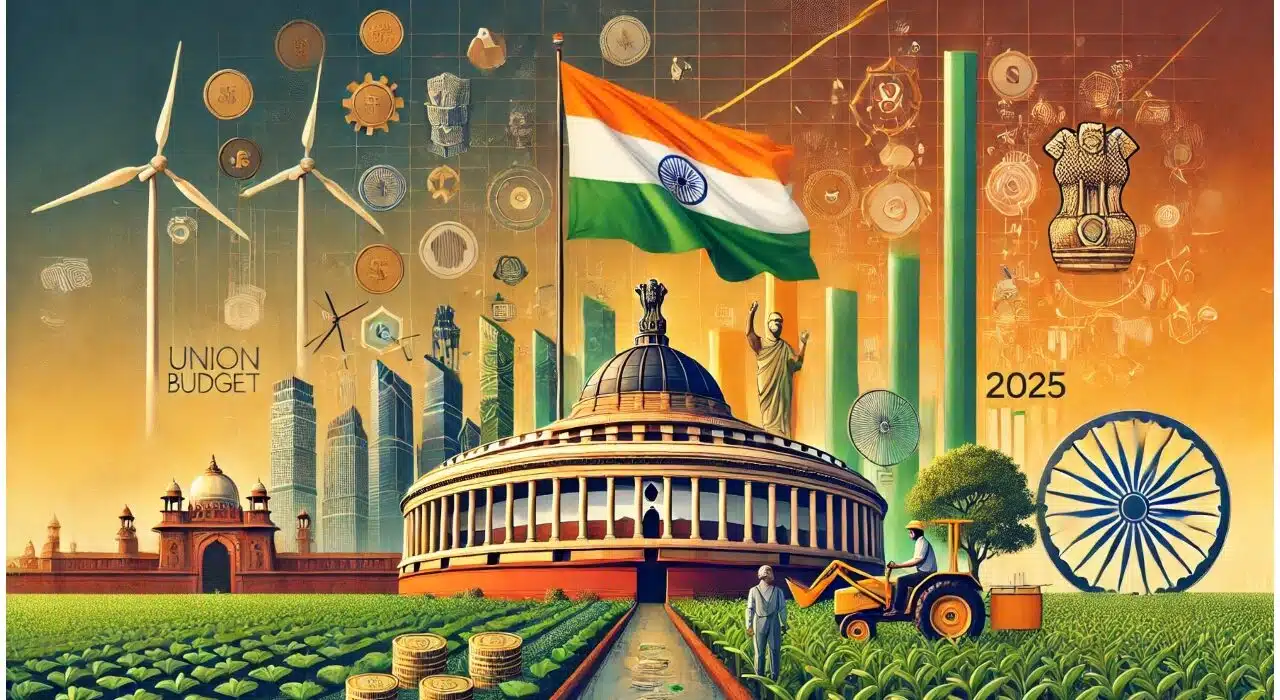The much-awaited Union Budget 2025 is finally around the corner, and Finance Minister Nirmala Sitharaman will present it on February 1. Before this, heated discussions with multiple stakeholders in different sectors are taking place with recommendations and concerns ahead of shaping the economic and developmental roadmap of India. Here is what to expect in the Budget on the basis of pre-budget consultations.
Things to expect from Union Budget 2025
1. Income Tax Relief for the Middle Class
The most awaited changes include relief in tax for middle-income groups. Industry leaders have suggested increasing the basic exemption limit or changing the tax slabs so that individuals with an annual income of up to ₹20 lakh benefit. This could increase disposable incomes, increase consumption, and reduce the impact of inflation on taxpayers.
Current Tax Regime Highlights:
- Basic exemption limit may increase.
- Tax rebates under Section 87A may go up.
- Deducibility under Sections 80C and 80D should be increased.
2. Taming Inflation through Cuts in Fuel Excise Duty
Inflation could be of particular concern, and the Confederation of Indian Industry (CII) has been calling for the government to trim the excise duty on petrol and diesel. A reduction in fuel rates would immediately impact transport expenditure, make inflation easing easier, and increase purchasing power in households.
3. Improving Rural Consumption and Food Security
Rural demand is experiencing a bounce back, and policymakers should suggest options to sort out the upward momentum. Some recommendations:
Increasing daily wages under MGNREGS from ₹267 to ₹375.
Increasing PM-KISAN payments to ₹8,000 per annum.
Providing consumption vouchers to the poor to boost rural demand.
4. Green Finance and Renewable Energy
Climate change has been impacting food security as well as inflation more than anything else. Stakeholders have emphasized that green initiatives are required. Some proposals in this context:
Setting up a refinance window for green finance, especially for MSMEs and electric vehicles.
Enhancement of fiscal support to renewable energy projects.
Offering incentives for sustainable business practices and eco-friendly investments.
5. Encouragement of Long-term Savings and Capital Market Efficiency
The financial sector argues for reforms to promote long-term savings. It recommends tax advantages for fixed deposits, better access to capital markets, and easier processes for investors, and this might widen financial market inclusion and spur economic growth.
Also, see: Interim Budget 2024: Expenditure Boosted by 11%, but Taxpayers Await Relief, reveals FM Sitharaman
6. Investment in Employment-Intensive Industries
Targeted support in garments, tourism, footwear, and MSMEs has been sought by industry bodies to push job creation. Policies that help improve access to global value chains and enhance export competitiveness could provide a much-needed boost to employment and economic activity.
7. Addressing Global Challenges: Dumping and Tariffs
Dumping by China has led to demands for protective measures. Import duties need to be revised and domestic industries supported to ensure level playing fields, industry representatives say.
8. Simplification of Tax Procedures
Reforms aimed at simplifying tax compliance might involve changes to GST structures and easing TDS rules, primarily for businesses. Industry leaders expect amendments to the SARFAESI Act, which will ease borrowing for smaller NBFCs.
9. Real Estate Revival
Real estate is upbeat about incentives in affordable and green housing. These might include
Reduction of GST on luxury housing from 12% to 8%.
Tax incentives and streamlining GST for under-construction property
FDI inflows and infrastructure development in urban areas
10. AI, Automation, and Tech Integration
Being one of the forerunning countries to become a global tech hub, stakeholders expect initiatives to boost AI adoption and automation. Suggestions include tax incentives for robotics, subsidies for projects led by technology, and skill development programs that prepare workers to work with the evolving next-gen technologies.
Conclusion: A Balanced Approach Expected
The Union Budget 2025 is expected to balance populist measures with fiscal discipline. Be it inflation, consumption, or green initiatives, the government will surely look at policies that drive inclusive growth while keeping macroeconomic stability intact.
Also, see: Union Budget 2025: Will Taxpayers Finally See Income Tax Relief?
